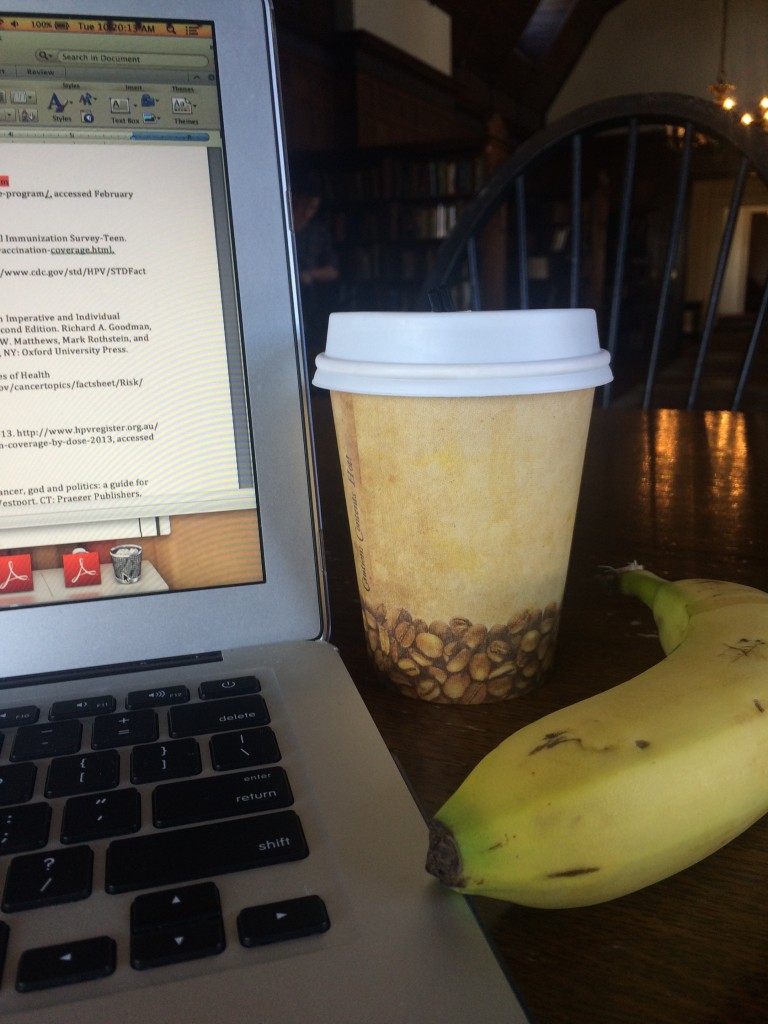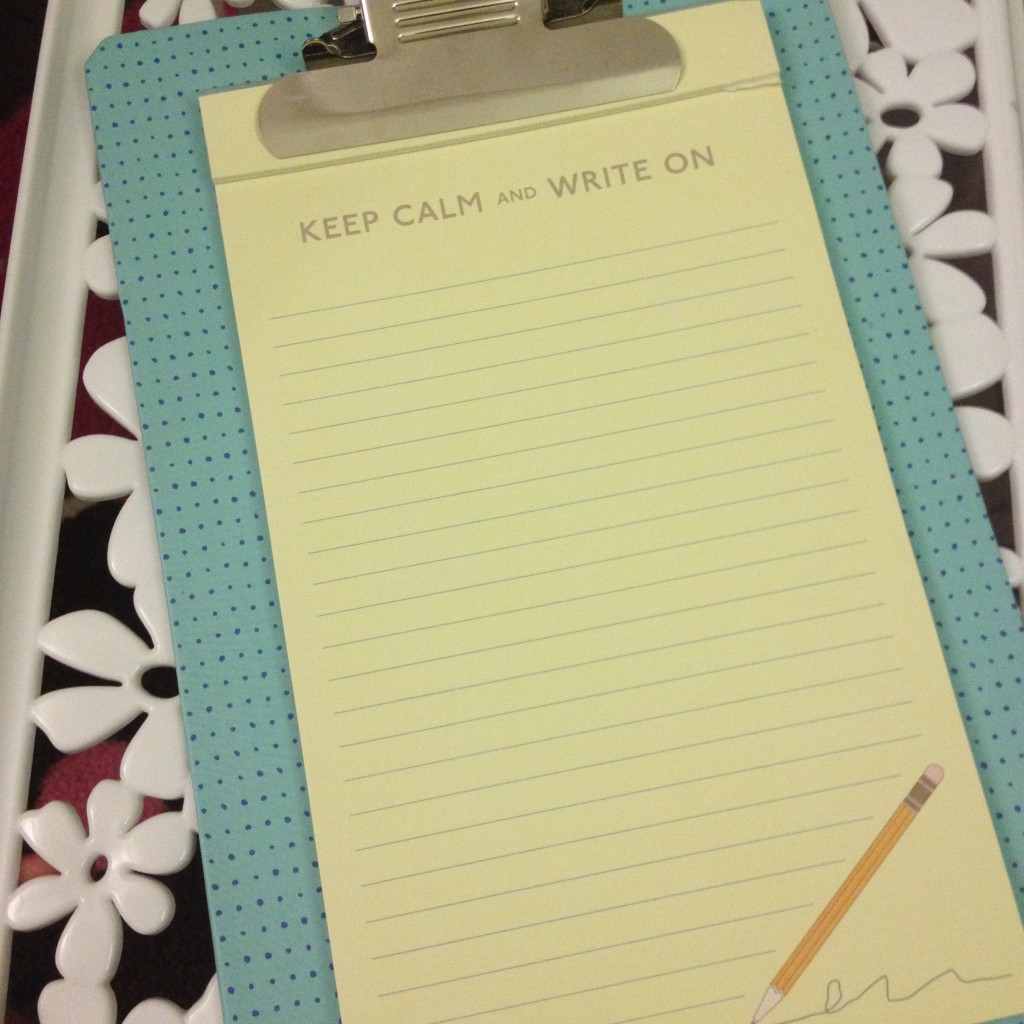So far, PCUR bloggers have focused on what we’ve learned from our own research journeys. This week, I thought I would share an interview I conducted with another student last fall about what he/she is working. Princeton students are always involved in something interesting, and Alex Herr is no exception.
I met Alex in our freshman seminar, Earth’s Environments and Ancient Civilizations, in which we travelled to Cyprus and analyzed topics of climate, minerals, and topography using geophyics and other scientific methods. A proud Forbesian and member of the class of 2017, Alex is a tentative Ecology and Evolutionary Biology major and plans on getting certificates in Computer Science and Latin American Studies. Last semester, she was enrolled in JRN 440: Unconventional Foreign Correspondence, a creative writing poetry class, GEO 365, and SPA 103.
What are your favorite pieces of research from past classes at Princeton?
Last year, in Ancient Egyptian Archaeology, we went to the archives of the art museum and were assigned a certain number of Egyptian scarabs, or beetle-shaped amulets. Scarab beetles were used as seals mounted on rings or simply as amulets placed over the heart of a mummy. Our final project was to identify where the scarabs in the art museum were from and whether they were real.
Scarabs are the ancient world’s equivalent of an “I Love NY” shirt. As individual records, they are not that special, but as conglomerates, they tell researchers a lot about a time period. One of my scarabs had been listed as a fake, but I was able to make an argument for its authenticity. Continue reading Student Profile: Alexandria Herr, 2017!










